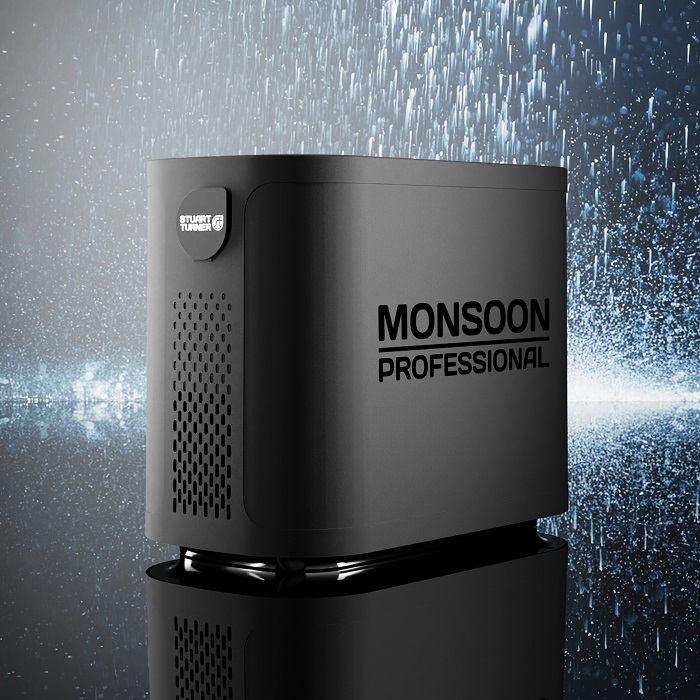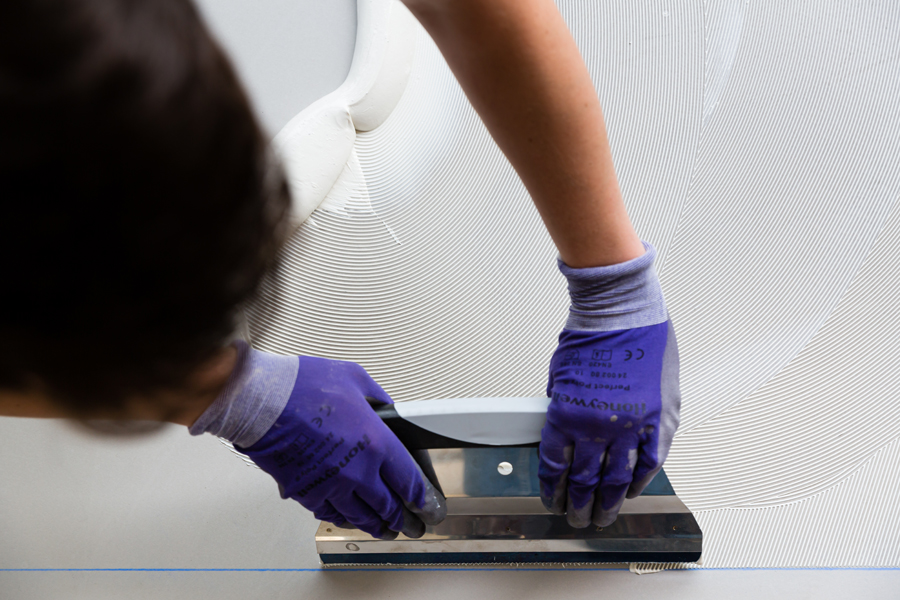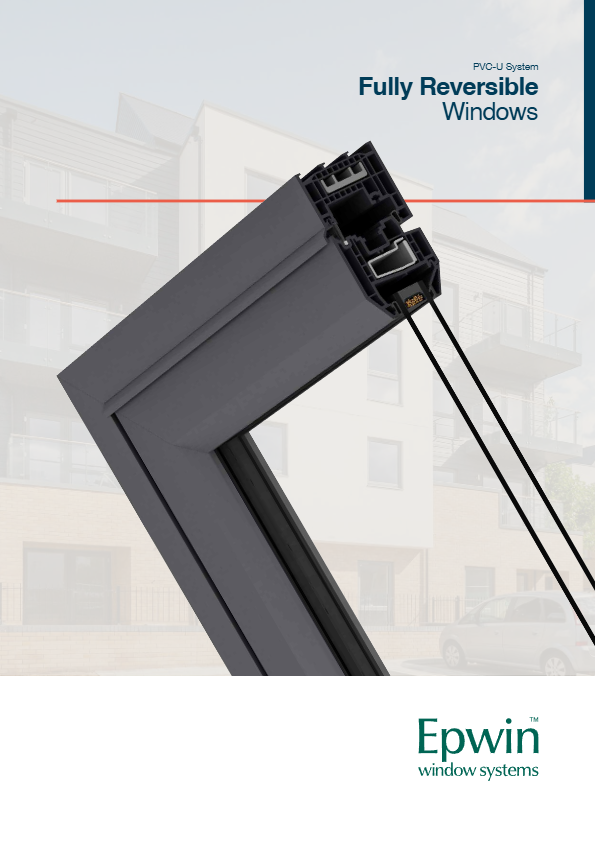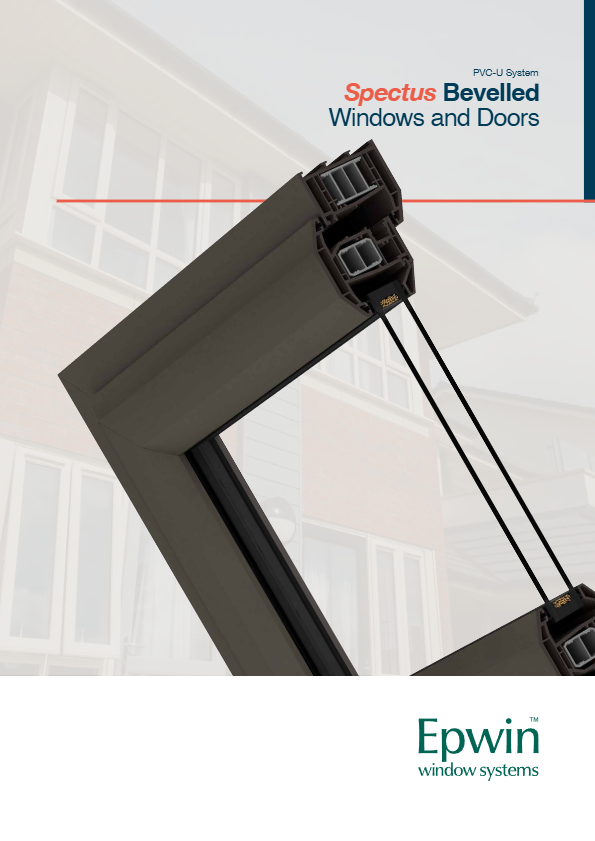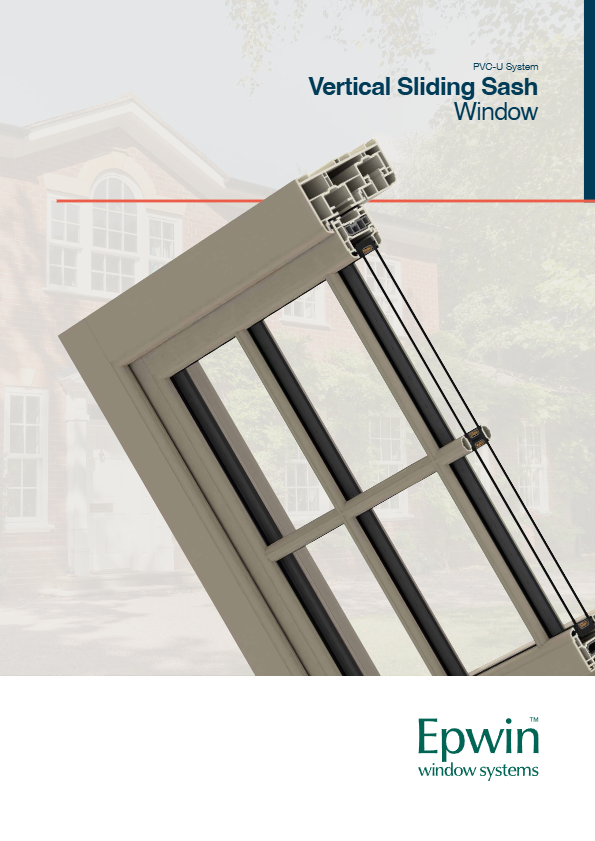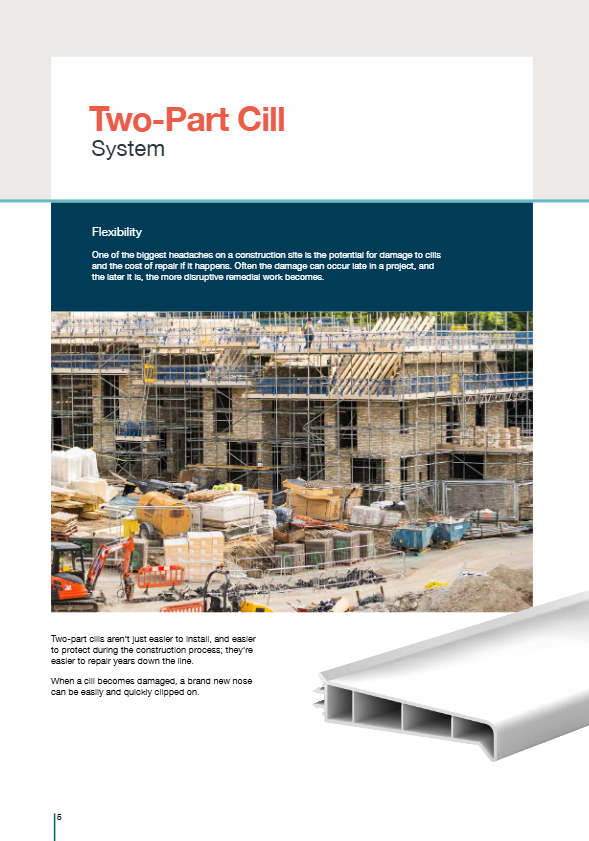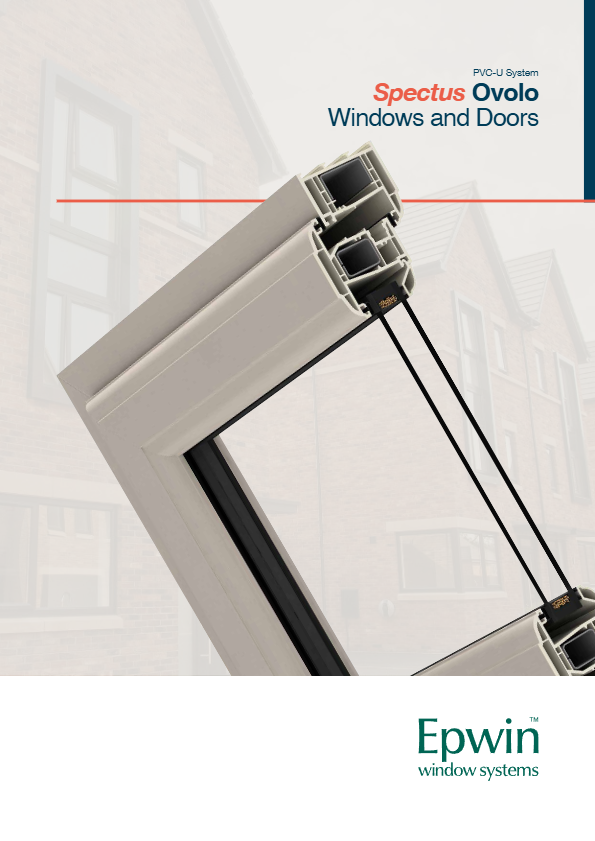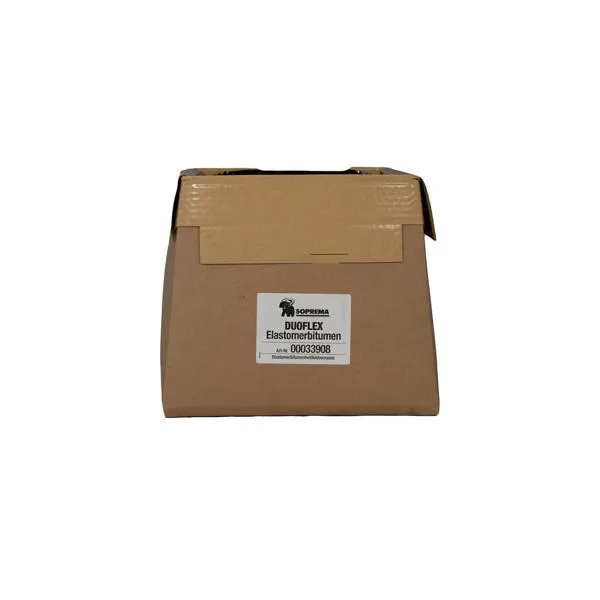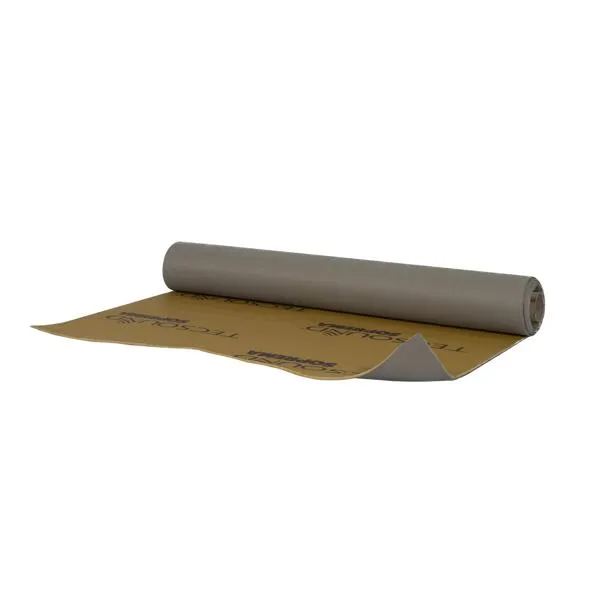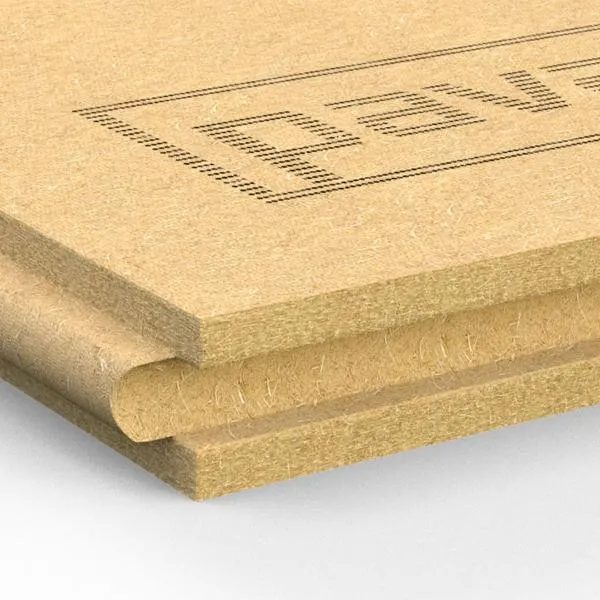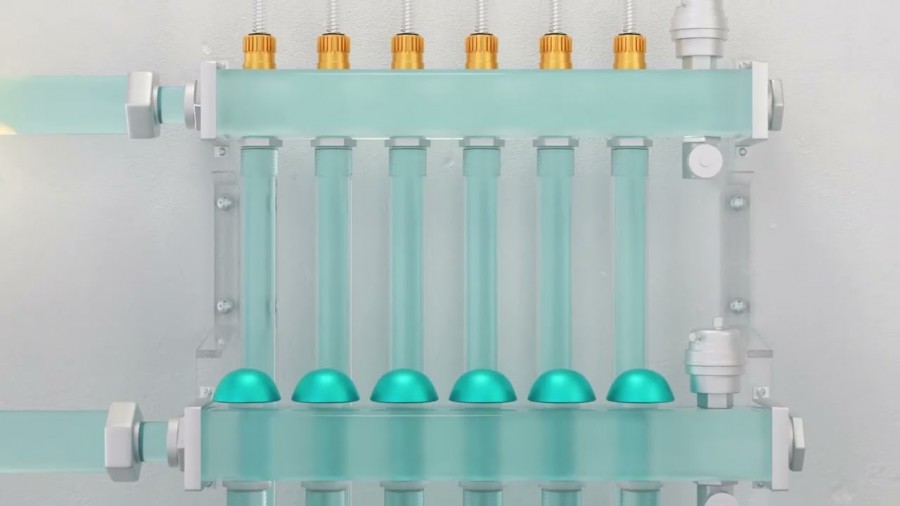Tue, Mar 22, 2016 5:29 PM
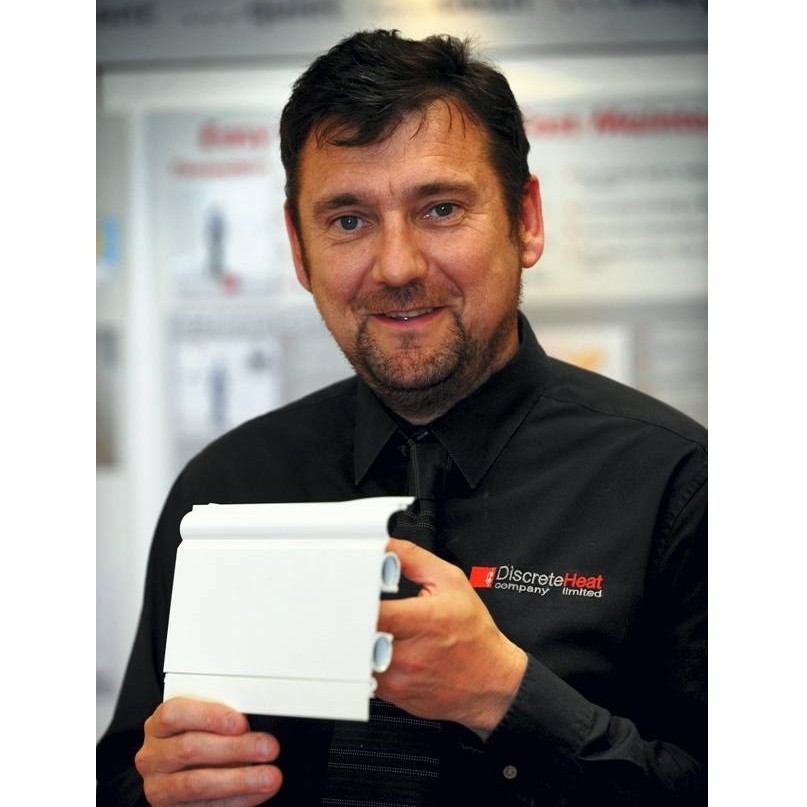
KTH Royal Institute of Technology in Sweden has published a paper investigating the thermal performance of radiant skirting boards using Discrete Heat’s ThermaSkirt heated skirting board as the test sample.
The extensive experiment evaluated the capacity of radiant baseboards to work in conjunction with heat pumps in built environments.
The rigorous testing of both ThermaSkirt and a range of conventional radiators provided data that showed radiant baseboards had a significantly higher heat transfer ability of 50% more than panel radiators. The research also shows the compatibility of heated skirting boards and heat pumps to be more effective than using traditional radiator panels in a heat pump system.
The Swedish government has implemented a number of measures over the last decade to help reduce the electrical peak loads and energy consumption during the heating season. From 2006 homeowners could be refunded up to 30% of conversion costs when converting from electric to alternative heating systems. As a result the installation of heat pumps increased with the one-millionth heat pump put into operation in 2010 for residential use.
The efficiency of the heat pump in a heating system is strongly dependent on the supply water temperature with a lower temperature increasing the efficiency of the heat pump. Traditionally the most common way of reducing the supply water temperature in Swedish households was by increasing the number of room heaters, most commonly using conventional radiators. Heated skirting boards are a more energy efficient alternative to panel radiators and the investigation looks at the features that make it so.
Heated skirting boards benefit from two key characteristics, the first being their low fitted position causing a high transferred convective heat flux from the skirting board to the room air. Secondly, due to being installed at the base of the walls they are exposed to colder room air along their entire length which in turn increases the thermal gradient and its ability to transfer heat to the room. This results in the radiant baseboards having a much higher mean heat transfer coefficient of 12.6 W/m² °C compared to the 8.4 W/m² °C of conventional panel radiators.
The aim of the study was to design a valid equation for the heat output for all baseboard heights and excess temperatures as the present equations are limited to certain heights and a specific temperature range. The results show that the heat emission increases by 2.1% per cm of height of the heated skirting board and doubling the water flow only increased the heat emission by 4.5%.
The paper concludes that heated skirting board should be used at maximum possible height and with the current guideline value of 100 Pa/m for waterside pressure loss for the system design.








